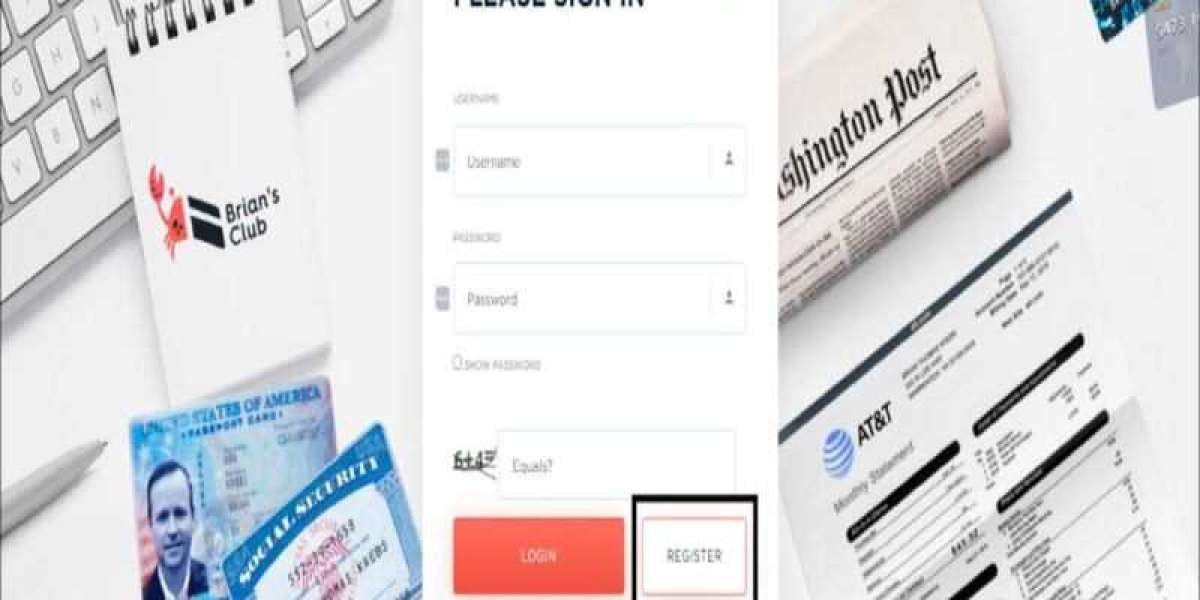In today's digital age, staying informed about various online services is crucial, especially when it comes to financial security and transactions. One such service that has garnered attention is Bclub, a platform dedicated to providing access to dumps and CVV2 shops. If you're unfamiliar with these terms, let's break them down.
Dumps refer to the data contained on the magnetic stripe of a credit card. This data can include the card number, expiration date, and cardholder's name. Dumps are often used in fraudulent activities, as they allow the creation of counterfeit cards that can be used for unauthorized transactions.
CVV2 stands for Card Verification Value 2, a security feature for credit card transactions, particularly in online purchases. It's the three-digit number found on the back of most credit cards. CVV2 is used to verify that the person making the transaction has the physical card in their possession, adding an extra layer of security against fraud.
Bclub has emerged as a notable player in this niche market. It provides a platform where individuals can buy and sell dumps and CVV2 information. This kind of service can be controversial due to its potential misuse in illegal activities. However, it's also important to understand the context in which these services operate.
For some, accessing dumps and CVV2 information can be part of security testing and ensuring their own systems are robust against such threats. Ethical hackers and cybersecurity professionals might use platforms like Bclub to understand the methods used by cybercriminals and to develop better protective measures for financial institutions and consumers.
However, it's essential to approach such services with caution. Engaging in illegal activities, such as purchasing or selling stolen credit card information, can have serious legal consequences. Therefore, understanding the legal and ethical boundaries is critical when dealing with these types of platforms.
In summary, Bclub serves a specific market with its dumps and CVV2 shop offerings. While the platform can be utilized for legitimate security purposes, it also carries the risk of being exploited for fraudulent activities. Staying informed and cautious is key to navigating this complex digital landscape.

![NitriLean Hormone & Weight Loss Support Formula Reviews [Updated 2024]: Working, Benefits, Official Website](https://newcastleunitedfansclub.com/upload/photos/2024/10/9qJ9i77xIXn4Gw8hdXjy_27_d7b5f92131cdcecfd549ef9c4ac15a9b_image.jpg)

